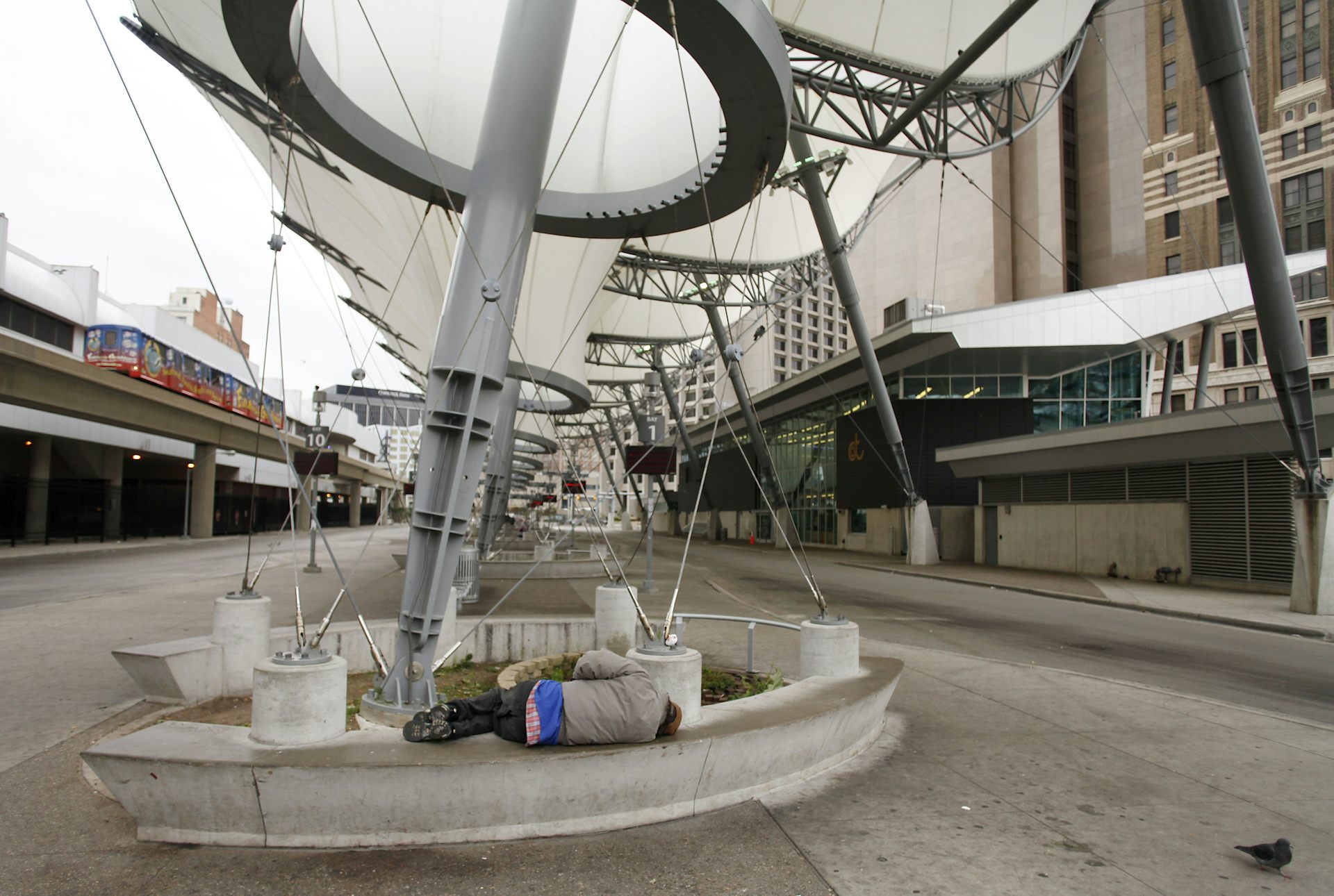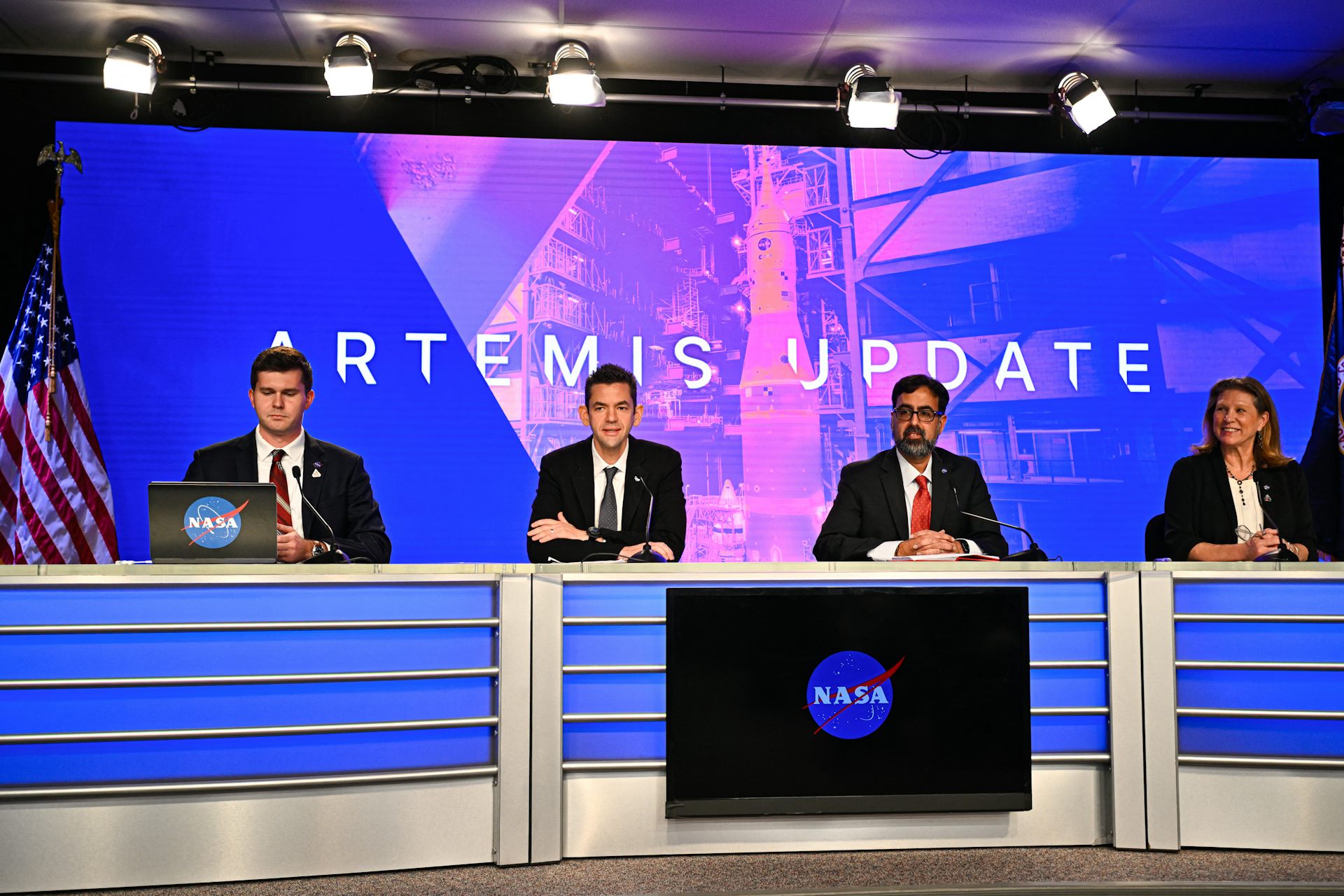The Federal Reserve needs to remain independent of the whims of politicians
President Trump has been attacking the Fed's current policy of slowly raising interest rates. A former central bank official explains why that's so troubling.
President Donald Trump recently attacked the Federal Reserve’s policy of gradually raising interest rates, breaking with decades of precedent respecting the U.S. central bank’s independence.
This isn’t the first time the Fed’s cherished independence has been threatened. Some conservative lawmakers have been arguing for years that Congress should audit the central bank and take a more active role overseeing monetary policy.
Arguments that the Fed needs direct oversight or that it should do what the president wants it to do betray a misunderstanding of what it means for a central bank to be independent and how monetary policy is crafted and carried out.
In my 20 years working at the Fed, first in New York where I helped implement monetary policy and then in Atlanta as the senior officer in charge of research, I learned that dealing with the unexpected is the day-to-day reality of the job. And it’s best if your hands aren’t tied.
If the Fed loses its independence, then its policy will become less sensitive to what’s going on in the real world and more of a hostage to people who know far less about designing and implementing monetary policy. I believe that would be a significant step backward and could run the risk of outright disaster.
What Fed ‘independence’ really means
Social scientists of all political persuasions no longer even debate the question of whether a country’s central bank should be independent.
They recognize the term refers only to how policy is implemented – free of political pressure – and that independence does not give the central bank the ability to set its own goals, as some lawmakers seem to think.
In fact, Congress has set various mandates for the Fed to follow since the latter’s creation in 1913. And central bankers place public interest at the center of their deliberations.
At present, the Fed follows a dual mandate of keeping inflation within a target range of around 2 percent while maximizing employment. Congress outlined these goals, but the Fed itself needs the freedom to choose which instruments it employs to meet them.
A good analogy is building a house. The owner takes part in drafting the plans but doesn’t worry which type of hammer is used. Similarly in an operating room, the surgeon must be able to quickly choose which scalpels and other instruments will help her save the patient. While she follows the guidelines learned in medical school and past clinical experience, there is no time for excessive deliberation when someone’s life – or the U.S. economy – is on the line.
Monetary policy is neither simple nor fixed
Some lawmakers’ demand for an audit or direct oversight rests on the notion that there is a simple way to carry out monetary policy, as if there was one rule to follow. In the economics profession, the discussion of sticking to policy rules has quieted down as economists learned, over and over, that constant changes in the way people and companies behave and continuous innovation undercut the foundation for rigid rules.
For example, during parts of the 1970s and 1980s, the Fed tried a “money supply rule” that aimed to keep the expansion of currency in circulation and bank deposits to a range of growth rates.
At first it looked as if this would work well. That is until everyone could “create money” on a whim using a credit card. Whenever you use credit to buy a new computer or pay for groceries you’re getting a bank to lend you “money” that did not exist a second ago but suddenly does.
It did not make sense to target something that could not be controlled with any precision, so that rule was fortunately phased out in the 1990s. Similar rules such as the gold standard and fixed exchange rates had already bit the dust.
Revise and rewrite
In fact, the way central banks carry out monetary policy in financially developed economies needs to be constantly revised. Or more accurately, rewritten, as demonstrated by the deliberations of Fed officials during the financial crisis of 2007-2009.
That unfolding situation threatened economic and financial stability and drove unemployment higher. In its wake, the Fed brought its target interest rate down to zero and greatly enlarged its purchases of longer-term mortgage-backed and government bonds. As a result, unemployment fell substantially and growth turned around. By the end of 2015, the Fed was able to begin very gradually raising rates. And last October, it began reducing the size of its greatly enlarged balance sheet.
Fed documents show long debates and a lot of disagreement about these very unconventional and untested policies. Arguably thanks to the Fed’s flexibility and policymakers’ willingness to adapt to new and unexpected circumstances, the U.S. economy has been growing steadily since 2009 and the unemployment rate hit an 18-year low in May.
Would results have improved had the Fed been subject to regular congressional audits of its procedures in real time? Or if the Fed had been subject to presidential or political pressures to change its decisions?
This is the worst idea of all.
Political tug of war
There’s always been a tug of war between politicians who typically want to juice up the economy in the short term to improve their polling numbers and central bankers who must think about long-term growth and financial stability. President Trump, for example, is attacking rising short-term interest rates – which, over time, may slow economic growth – just a few months before midterm elections.
Economists, political scientists and historians have reminded us that political interference with a central bank can lead to bad results. One such consequence is hyperinflation, such as in 1930s Germany or Zimbabwe in recent decades.
They urge us to keep central banks independent of political meddling so that their purchases of government debt in financial markets are their own decisions and not the result of pressure to finance a growing government deficit. In the U.S., the Fed is not even permitted to buy debt directly from the U.S. Treasury, a department of the executive branch.
They also remind us that even in our age of transparency, it is not a good idea to broadcast information about banks or other financial institutions that may be close to failure. This is something that could easily result if the Fed were subject to congressional scrutiny because politicians have a history of leaking sensitive financial and other information for political gain.
Americans learned too much about panic during the Great Depression.
When your house is on fire
The Fed, certainly, could do a better job communicating what it does to the public and helping it understand how and why forecasts change as well as how ongoing innovation may affect its decisions.
But relying on politicians who worry mainly about getting re-elected is not the way to do this.
The Fed uses many different models of the economy and also assesses a ton of anecdotal information on evolving conditions in making policy decisions. Relying on an elected official like the president to make these decisions would not work. Nor would observing the Fed at work in real time or having Congress audit its policy procedures.
These are frightening proposals. On the latter, Americans should be well aware by now that Congress is not known for its flexibility and responsiveness.
If your house is on fire, would you appoint a study group to examine the causes and search for who may be at fault before you call 911? Similarly, in response to those who want to weaken the Fed because they’d like less regulation, do you think requiring smoke detectors when the public is at risk amounts to unnecessary government interference?
Our house would still be ashes from the last crisis if Congress or the president oversaw monetary policy. Let’s pray that never happens.
This is an updated version of an article originally published on March 13, 2015.
Sheila Tschinkel does not work for, consult, own shares in or receive funding from any company or organization that would benefit from this article, and has disclosed no relevant affiliations beyond their academic appointment.
Read These Next
Congress once fought to limit a president’s war powers − more than 50 years later, its successors ar
At the tail end of the Vietnam War, Congress engaged in a breathtaking act of legislative assertion,…
Housing First helps people find permanent homes in Detroit − but HUD plans to divert funds to short-
Detroit’s homelessness response system could lose millions of dollars in federal funding for permanent…
With Artemis II facing delays, NASA announces big structural changes to the lunar program
Artemis II has been plagued by similar issues to those faced by its predecessor, leading NASA to shake…






